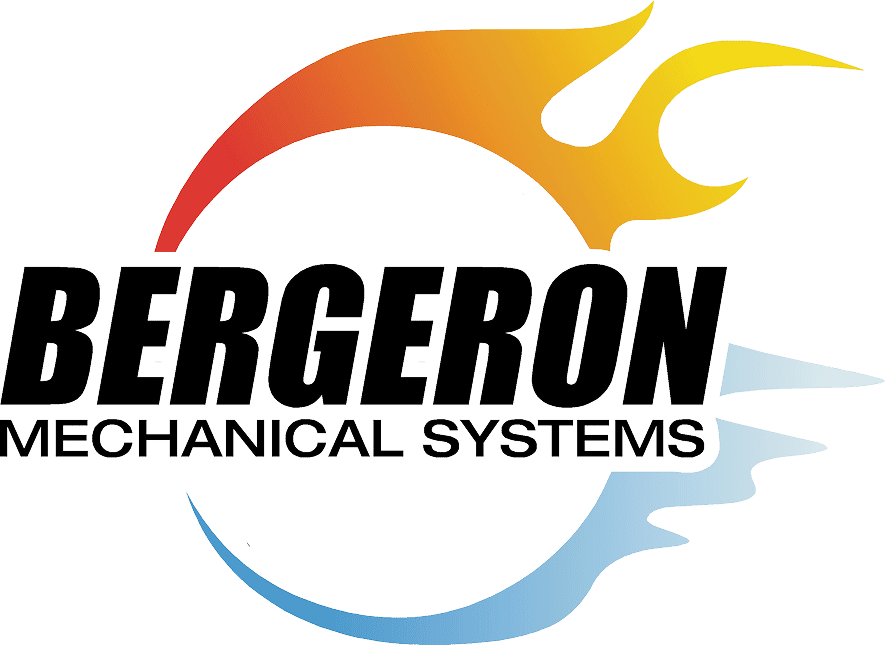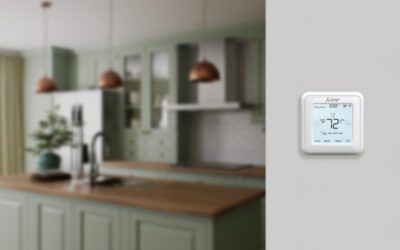At its essence, a heat pump is a device that transfers heat from one location to another using a small amount of energy, functioning as both a heating and cooling system. Unlike conventional heaters that generate heat directly, heat pumps move existing heat, which makes them incredibly efficient. During the winter, they extract heat from the outside air or ground and move it indoors to warm your home. Conversely, in the summer, they reverse the process, removing heat from your home to keep it cool. This dual capability not only simplifies home temperature management but also reduces the need for separate heating and cooling systems. Heat pumps are marvels of engineering, designed to provide comfort in various climates. Their ability to utilize the constant temperatures of the air, earth, or water sources to regulate indoor conditions is a game-changer in the realm of home climate control. By leveraging the ambient energy from these sources, heat pumps operate on a fraction of the energy required by traditional systems, making them a smart choice for both your wallet and the environment.
Types of Heat Pumps
When considering a heat pump for your home, it’s important to understand the different types available. Air-source heat pumps are the most common and are known for their versatility and ease of installation. They transfer heat between your home and the outside air and are particularly effective in moderate climates. Ground-source, or geothermal heat pumps, utilize the stable temperature of the ground a few feet below the surface to provide heating, cooling, and even hot water. Although they require a significant initial investment, their efficiency and low operating costs are unmatched. Lastly, water-source heat pumps draw heat from a nearby water body and can be an excellent option if you have a pond or well on your property. Each type of heat pump has its unique mechanism and benefits. Air-source units are cost-effective and straightforward to install, making them a popular choice for many homeowners. Ground-source systems offer unparalleled efficiency and are less affected by outdoor temperature fluctuations, providing consistent comfort year-round. Water-source heat pumps, while less common, can be incredibly efficient if you have access to a suitable water source. Your choice will depend on your specific needs, property characteristics, and climate considerations.
Energy Efficiency and Environmental Impact
EFFICIENCY COMPARISONS
Heat pumps stand out for their remarkable energy efficiency, often reflected in their Coefficient of Performance (COP) and Seasonal Energy Efficiency Ratio (SEER) ratings. These metrics provide insight into just how much heating or cooling a system can deliver compared to the amount of electrical energy it consumes. Typically, heat pumps have higher COP and SEER ratings than traditional heating and cooling systems, which means they can provide the same level of temperature control while using less energy. This efficiency not only leads to lower utility bills but also contributes to a reduction in demand for energy, which is beneficial for the broader power grid and the environment. Understanding these efficiency metrics can help you make an informed decision when selecting a heat pump. A higher COP indicates that the heat pump is more efficient at converting energy into heat during colder months, while a higher SEER denotes superior efficiency in cooling mode during warmer seasons. When compared to conventional HVAC systems, heat pumps often offer a more cost-effective and energy-efficient solution, particularly in areas with moderate temperature extremes. By choosing a heat pump with high COP and SEER ratings, you’re investing in a system that will deliver performance and savings for years to come.
ECO-FRIENDLY ASPECTS
Heat pumps are not only champions of energy efficiency but also allies in the fight against climate change. By reducing the reliance on fossil fuels for heating and cooling, heat pumps significantly cut down on greenhouse gas emissions. This shift to a more sustainable form of energy use is crucial as we seek to mitigate the impacts of global warming. Additionally, the integration of heat pumps with renewable energy sources, such as solar or wind power, can further decrease the carbon footprint of home heating and cooling, pushing us closer to a future of clean, renewable energy reliance. The environmental benefits of heat pumps extend beyond just emissions. They also contribute to better air quality by reducing the amount of particulate matter and pollutants released into the atmosphere, a common byproduct of combustion-based heating systems. This cleaner operation makes heat pumps an excellent choice for those looking to create a healthier living environment while also being mindful of their ecological impact. With advancements in technology and a growing emphasis on sustainability, heat pumps represent a forward-thinking solution for environmentally conscious homeowners.
Installation and Cost Considerations
INITIAL SETUP AND INVESTMENT
Installing a heat pump is a process that requires careful consideration of various factors. The initial investment can be influenced by the type of heat pump you choose, the size of your home, and the specific installation requirements of your geographical location. For instance, installing a ground-source heat pump involves excavation and the installation of underground pipes, which can be more costly and complex than setting up an air-source system. The climate in Keene, NH, also plays a role, as it dictates the heating and cooling demands placed on the system. It’s essential to work with a knowledgeable HVAC specialist who can assess your home’s needs and recommend the most suitable heat pump option. Despite the upfront costs, the long-term benefits of a heat pump installation are significant. A properly sized and installed heat pump can lead to substantial energy savings, making it a wise investment for the future.
LONG-TERM SAVINGS AND INCENTIVES
The long-term financial benefits of heat pumps can be quite substantial. By consuming less energy than traditional HVAC systems, heat pumps can lead to lower monthly utility bills, which over time can offset the initial investment. Additionally, homeowners may be eligible for various tax credits, rebates, or incentives that can further reduce the upfront costs. These incentives are often offered by government entities or utility companies as a way to encourage the adoption of more energy-efficient technologies. It’s important to research and take advantage of these opportunities to maximize your savings.
Maintenance and Lifespan
ROUTINE CARE AND UPKEEP
Maintaining a heat pump is crucial for ensuring its efficient operation and prolonging its lifespan. Regular servicing by a professional can help detect and address potential issues before they escalate. Homeowners should also be proactive in performing routine maintenance tasks, such as cleaning or replacing filters, checking the system for any unusual noises or signs of wear, and ensuring that the outdoor unit is free from debris. These simple steps can significantly impact the performance and longevity of your heat pump, keeping it running smoothly for years to come. It’s also important to schedule annual check-ups with a qualified HVAC technician who can perform a more thorough inspection and servicing of your heat pump. These check-ups often include cleaning coils, checking refrigerant levels, and ensuring that all electrical components are functioning correctly. By adhering to a regular maintenance schedule, you can optimize your heat pump’s efficiency, prevent unexpected breakdowns, and maintain a comfortable home environment throughout the changing seasons.
EXPECTED DURABILITY AND REPLACEMENT
Heat pumps are designed to be durable and long-lasting, with an average lifespan of 10 to 15 years, depending on the model and maintenance practices. However, like all mechanical systems, they will eventually show signs of aging and may require replacement. Indicators that it might be time for a new heat pump include frequent repairs, declining efficiency, or an inability to maintain the desired temperature. If you notice these signs, it’s wise to consult with a trusted HVAC provider to discuss your options. When the time comes to replace your heat pump, K E Bergeron Mechanical Systems in Keene, NH, can offer expert advice on the latest models that would best suit your home’s needs. Upgrading to a newer, more efficient heat pump can not only improve your home’s comfort but also lead to greater energy savings. A new installation can also take advantage of advancements in technology, such as improved refrigerants and more precise temperature controls, further enhancing the benefits of your investment.
BERGERON MECHANICAL SYSTEMS HAS YOUR HEAT PUMP NEEDS COVERED
Are you ready to experience the comfort, efficiency, and environmental benefits of a modern heat pump system? K E Bergeron Mechanical Systems, your local HVAC experts in Keene, NH, are here to help. Whether you’re considering an installation, need routine maintenance, or are looking for a repair backed by the latest technology, our team is committed to providing top-notch service and expertise. Let’s create a comfortable and sustainable environment together! Contact us online or call (603) 733-4594 to learn how we can enhance your home’s heating and cooling experience and help you save on energy costs.




































